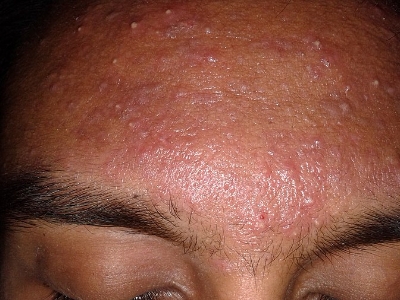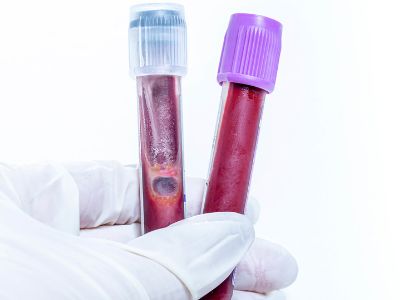Treatment of High Prolactin Levels

What is Prolactin?
Prolactin is a hormone made by the pituitary gland that the breasts to grow and make milk during pregnancy and after birth. Prolactin levels are normally high for pregnant women and new mothers. Levels are normally low for nonpregnant women and for men. If prolactin levels are higher than normal, it often means there is a type of tumor of the pituitary gland, known as prolactinoma.
The Difference Between Hyperprolactinemia and Prolactinoma
Hyperprolactinemia means you have higher-than-normal levels of prolactin in your blood. This is typically caused by a benign tumor in your pituitary gland known as a prolactinoma. Prolactinoma also reduces the level of sex hormones.

Symptoms of High Prolactin Levels
High prolactin levels in women cause the following:
- Irregular menstrual periods or no menstrual periods
- Milky discharge from the breasts even if not pregnant
- Vaginal dryness which causes pain during sex
- Acne and excessive body and facial hair growth
High prolactin levels in men cause:
- Reduced facial and body hair
- Erectile dysfunction
- Enlarged breast
- Smaller muscles
- Infertility and loss of sexual interest
What Causes High Prolactin Levels in Women?
There are no specific causes of high prolactin levels in women. But, several factors contribute to your risk of this condition. Some causes include:
- Medication
- Kidney disease
- Underactive thyroid gland
- Other types of pituitary tumors
- Pregnancy and breastfeeding

How is High Prolactin Diagnosed?
If you experience the signs and symptoms of prolactinoma, your doctor will recommend the following diagnostic method:
- Blood tests. It shows the production or levels of prolactin your body produces. It determines whether levels of other hormones controlled by the pituitary gland are within the standard range.
- Brain imaging. Your provider may be able to detect a prolactinoma using a magnetic resonance imaging scan of your brain.
- Vision tests. These can determine if a prolactinoma is affecting your sight.
Treatment of High Prolactin Levels
The goal of treating prolactinoma is to return the production of prolactin to within the standard range and reduce the size of the prolactinoma. Oral medications known as dopamine agonists are generally used to treat prolactinoma. Cabergoline is a recommended medication for this condition. It is considered the most effective dopamine agonist that lowers prolactin levels in approximately 90 percent of people who have prolactinomas.



